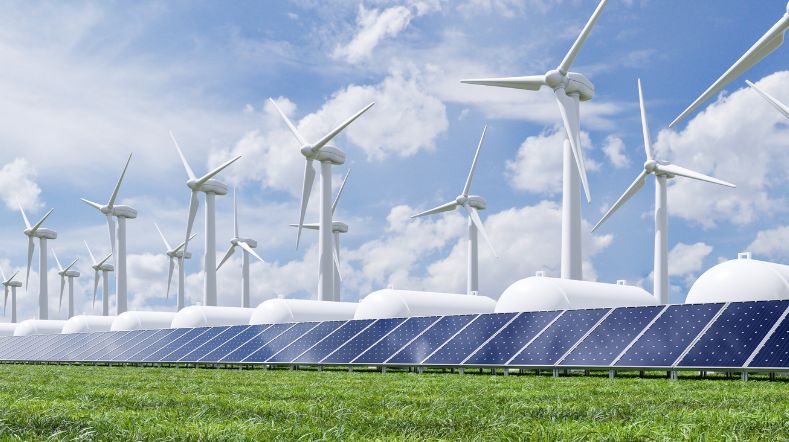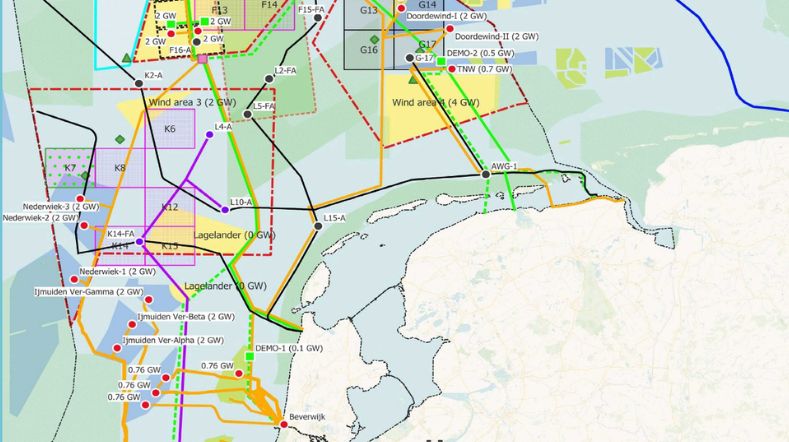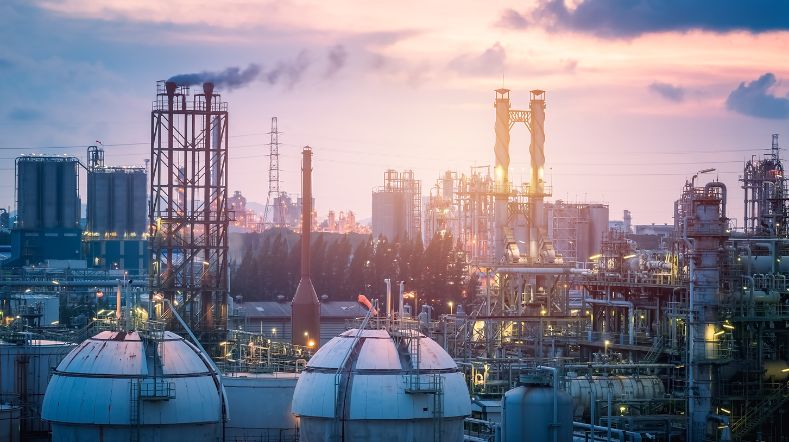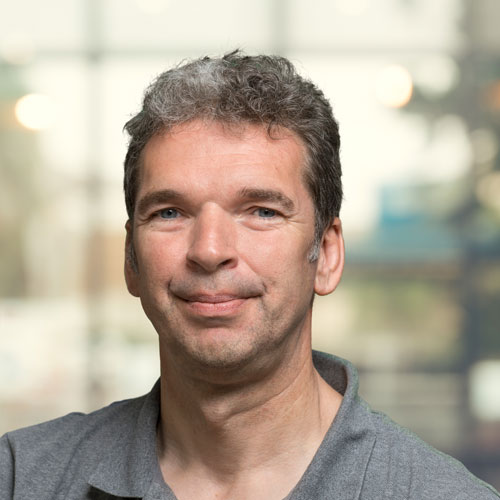
Climate goals achievable with strategic approach
Both globally and in the Netherlands, we are lagging the Paris climate targets. Meeting the climate targets is urgent, but possible. Many solutions are readily available, and they serve not only the climate, but also other sustainability goals and not least the economy. TNO advocates an integrated approach and demonstrates how we can speed up the process towards climate neutrality.
Integrated approach is crucial
Last April, TNO did research on accelerating the energy transition. We outlined key options for a number of prominent sectors that allow the transition to be achieved. It is clear that the energy transition requires much more than just technological solutions; a system approach is required. At least as important are financial support measures, the policy and implementation processes, behaviour and the availability of professionals. At the same time the energy transition is not the only societal challenge. High energy prices, geopolitical tensions, the risk for a new pandemic, the nitrogen crisis in the Netherlands, and the huge pressure on the labour market are other societal issues which requires (partly) the same scarce resources. A total view and vision on the intertwining of these societal challenges is crucial and required.
Pathways and solutions:
Making sectors more sustainable
TNO presented five measures (Dutch) to make freight traffic and shipping (two large contributors to CO2 emissions) more sustainable more quickly. The sustainability of housing construction can also be accelerated by taking an industrial and programmatic approach. Technically acceleration is possible and economically and socially it is particularly desirable, as TNO research (Dutch) shows. Especially here the scarcity issues (material and labour) show the intertwining of the different societal issues.
Making industry more sustainable
This is also true for industry, which is responsible for almost a third of the energy consumption, CO2 emissions and use of raw materials in the Netherlands. Specifically for that sector, TNO is developing solutions in the form of a TNO Green Print. With a Green Print, TNO offers parties in industry defined solutions, facilities and collaborations to make sustainability a reality and accelerate the energy transition. We also work together with government and industry. Leading in this effort is the industrial transformation, not small incremental measures but a fundamental change of the industry in which circularity is key.
This is an example of an integrated approach where energy transition and realising a more circular economy reinforce each other. Such an approach could also make a significant contribution to reducing nitrogen emissions and other environmental impact, reducing dependence on raw materials and lowering waste generation. In addition to making energy supply and use more sustainable, reducing energy demand is effective and necessary.
Energy transition policy
TNO develops knowledge and advises governments on policies that can help reduce the consumption of energy and climate-damaging products and services, as well as on how to involve the inhabitants of the Netherlands in the energy transition in their different roles (consumer, employee, etc.). Several analyses have made it clear that the energy transition, if properly directed and combined with steady innovation (both for technological improvement and rapid scale-up), can result in reduced costs of energy supply.
Scenarios for a climate-neutral energy system for the Netherlands
New exploration shows the limits of possibilities
Paris goals requires additional Dutch policy
In the recently published Dutch Climate and Energy Outlook, several research institutes, including PBL (Netherlands Environmental Assessment Agency), RIVM (National Institute for Public Health and the Environment) and TNO, announced that more policy is needed if we are to meet CO2 reduction targets. The estimate based on the policy adopted and proposed shows 39-50% reduction compared to 1990. This is less than the 55% reduction needed by 2030, and the step to zero emissions by 2050 will still have to be made. Additional policy is badly needed for all sectors. TNO advocates an integrated approach across sectors based on a strategy aimed at meeting the targets by 2050.
A systems approach is needed. Such a comprehensive and consistent approach is key to address multiple problems (greenhouse gas emissions, nitrogen crisis, resource scarcity, energy security and affordability) simultaneously and efficiently, allowing us to timely identify obstacles and ensure stability in policy, the market and innovation. TNO is helping the Netherlands meet its climate goals by accelerating the energy transition through knowledge of technology, innovation processes, policy and behaviour.
Get inspired
Energy infrastructure and transport


Climate fund applications from the perspective of broad prosperity


The North Sea as Europe's energy heart requires smart choices


Tomorrow’s hydrogen production and infrastructure: building towards a secure and robust energy system

Disruptive energy technologies for the future mapped out




